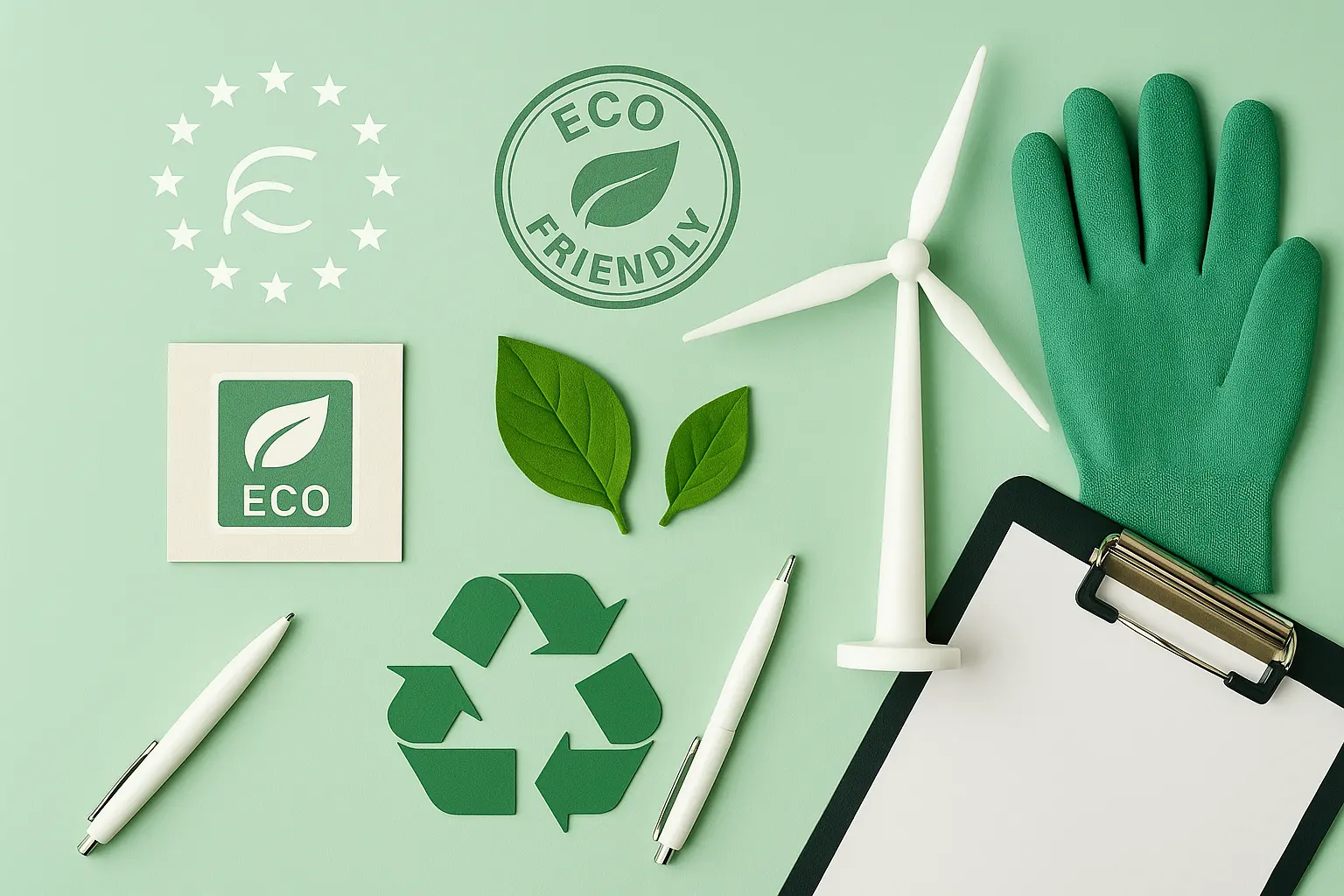Ecolabel Certification
Ecolabel is a widely recognized environmental label awarded to products and services that demonstrate reduced environmental impacts throughout their entire lifecycle, from raw material sourcing to end-of-life disposal. It serves as a clear signal that the product or service meets high environmental performance standards established by independent organizations or governmental bodies.
To obtain an ecolabel, manufacturers must comply with strict environmental criteria covering areas such as energy efficiency, waste management, recyclability, use of non-toxic materials, and sustainable sourcing practices. The certification process usually involves independent assessments, site audits, and laboratory analyses to ensure genuine compliance.
Ecolabels not only highlight the ecological benefits of products but also provide businesses with a market advantage by appealing to consumers seeking environmentally friendly options. By meeting ecolabel requirements, companies often improve operational efficiency and encourage innovation through greener production practices.
Achieving ecolabel certification enhances brand reputation, builds consumer trust, and supports access to new markets where sustainability certifications are increasingly required. However, businesses must be prepared for detailed evaluations, documentation of sustainability metrics, and ongoing compliance monitoring.
Different ecolabel programs exist around the world, such as the Nordic Swan (Scandinavia), Blue Angel (Germany), Energy Star (United States), and others. Each system has its own set of requirements but all share the common goal of reducing environmental harm and promoting sustainable consumption patterns.
The application process typically requires detailed documentation demonstrating how a product meets environmental criteria across production, distribution, use, and disposal. Independent experts then verify claims through on-site inspections and testing, ensuring transparent and credible certification.
Once approved, companies can display the ecolabel on their products, marketing materials, and packaging. This visible mark helps consumers easily identify environmentally friendly options and promotes responsible purchasing decisions across different markets.
Overall, ecolabel certification acts as a driver for sustainability, pushing industries towards improved environmental practices while rewarding businesses that prioritize eco-conscious solutions.
Industry Applications
| Product Type | Description of Environmental Criteria Met |
|---|---|
| Cleaning Products | Reduced use of hazardous chemicals, improved biodegradability, recyclable packaging. |
| Paper and Paper Products | Sustainably managed forestry sources, lower energy use in production, higher recycled content. |
| Textiles | Use of organic or recycled fibers, reduced water and chemical consumption, safer dyeing processes. |
| Electronics | Energy efficiency during use, extended product lifetime, take-back and recycling programs. |
| Lighting Products | High energy efficiency ratings, longer lifespan, lower hazardous material content. |
| Construction Materials | Reduced embodied carbon, improved insulation properties, recyclable and durable design. |
International Acceptance and Recognition
Ecolabels are globally recognized as indicators of sustainable practices. Different regions have developed their own ecolabel programs, such as Nordic Swan, Blue Angel, or Energy Star, each tailored to local regulations and market needs. Despite these variations, ecolabels share the same purpose of promoting eco-friendly products and services.
Governments, businesses, and consumers increasingly view ecolabels as trusted marks of environmental responsibility. Many retailers and procurement agencies require certified products to align with green policies, giving ecolabeled products a competitive edge.
Internationally, ecolabels facilitate trade by creating trust between suppliers and customers, especially when third-party verification is involved. Companies displaying a recognized ecolabel strengthen their credibility in global markets.
By aligning with ecolabel schemes, businesses demonstrate their commitment to sustainability, helping them meet growing consumer demand for greener products and contributing to worldwide environmental protection goals.
Competitive Advantage and Market Impact
Obtaining ecolabel certification delivers strong competitive advantages. It differentiates certified products from conventional alternatives, signaling a higher level of environmental responsibility to consumers.
Ecolabels enhance brand reputation and build long-term customer loyalty, especially among environmentally conscious buyers. They also help companies access green public procurement opportunities and sustainability-driven markets.
Certification supports broader business goals by encouraging operational efficiency, reducing waste, and lowering energy costs. These improvements strengthen both ecological performance and financial sustainability.
As ecolabel awareness continues to grow globally, companies that achieve certification are better positioned to capture market share, strengthen stakeholder trust, and demonstrate leadership in sustainability practices.





